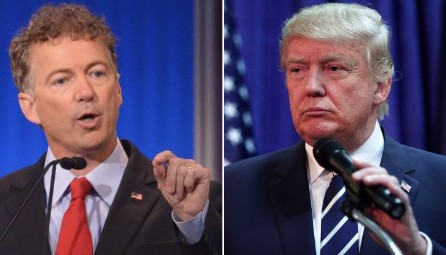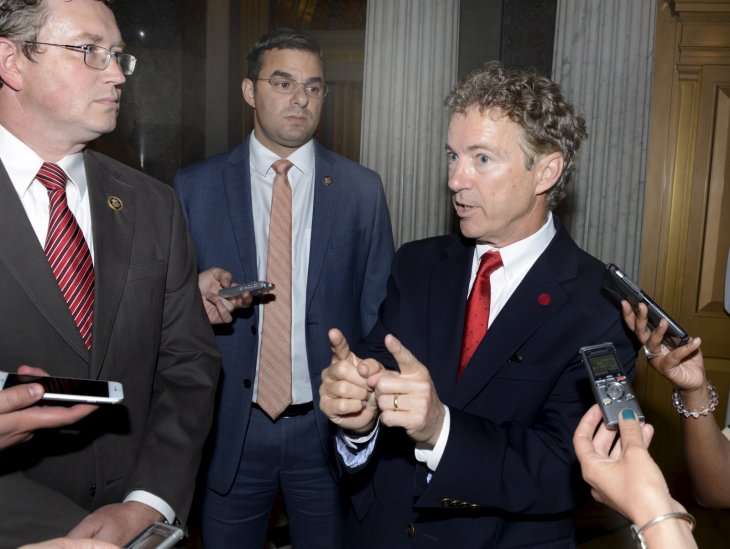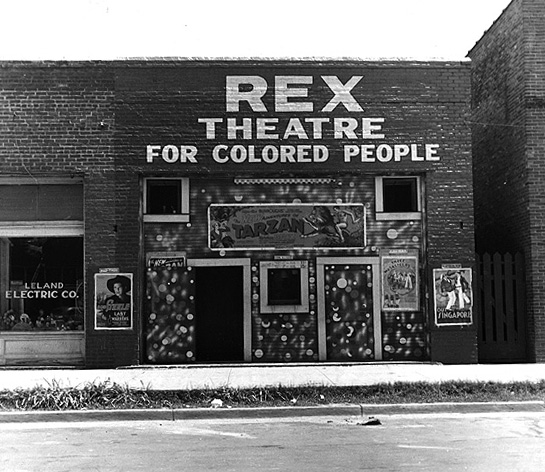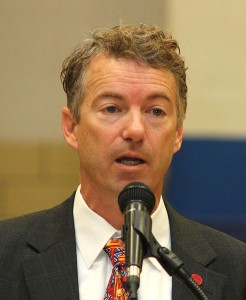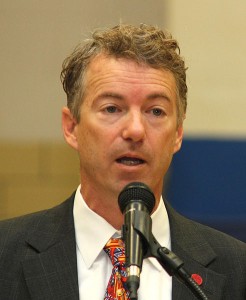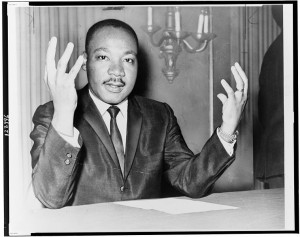It was supposed to be the Year of Rand, the day when Libertarianism was to have its moment, or that was the story the media was selling last year. But the GOP had plenty of other none-of-the-above candidates, and Rand Paul couldn’t out-wack the Trumps and Carsons and Cruzs.
Just as unlikely to come to fruition was Paul’s brand of socially conservative, anti-immigrant Libertarianism being a hit in Silicon Valley. The opening of Tony Romm’s well-written Politico piece:
SAN FRANCISCO — When Rand Paul announced plans to set up shop in Silicon Valley, he portrayed it as a bid to reverse Republicans’ fortunes in deep Democratic territory: “If we want to win the presidency,” he told the San Francisco Chronicle in September 2014, “we have to figure out how to compete in California.”
Other Republicans had similarly high hopes that Paul’s message against big government — and Big Brother — might strike a chord among this city’s tech elite and engineers alike. “He’s hopeful it’s a libertarian incubator of future Ayn Rands,” Shawn Steel, a past chairman of the California Republican Party, told POLITICO last year.
But seven months after the Kentucky senator’s team finally found an outpost here, not even a campaign sign hangs above the gated door outside StartupHouse, the shared, rented work space where his aides toil alongside app makers and Web designers. At times, nobody from Paul’s presidential campaign can be found among the doodle-covered walls, concrete floors and rows of computer-lined tables.
“They come in every now and then,” said StartupHouse founder Elias Bizannes, whose work space boasts about being blocks away from tech companies like Slack and Yahoo, during an interview. The Paul campaign hasn’t held a public event here since it hosted a “hackathon” in June, a quiet streak matched these days by the senator’s lackluster fundraising in the Bay Area.
This isn’t the way it was supposed to be for Paul.•

